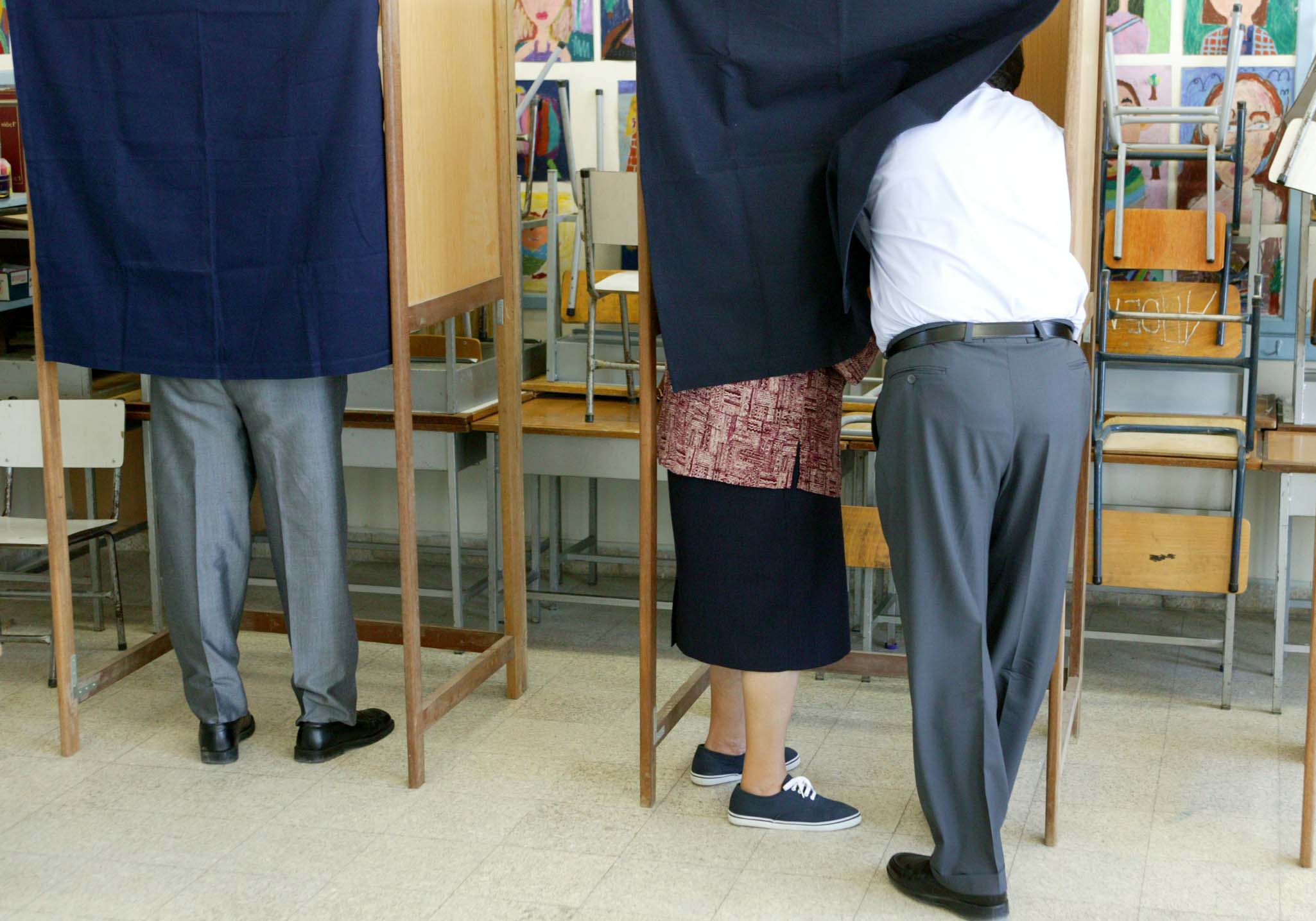The mass media will ensure the talks fail
A modern society without mass communications is inconceivable. Television, newspapers, radio and the internet are the main sources of information the world over. What does this mean, however, for how political systems function?
Few doubt that mass media operating under authoritarian regimes are used to maintaining the existing power structure. One example is the state propaganda disseminated by the mass media of North Korea to keep its population under total control.
Another example was the political environment that was created in Cyprus by the Greek Junta during 1967-’74 dictatorship. By securing control of the state broadcaster Rik (there were no private radio or television stations then) and most newspapers, it managed to impose the impression on the average Cypriot that what the junta called the ‘national government’ represented the nation. It was a drive that yielded very positive results as many Cypriot ministers zealously cooperated with it while unions like Oelmek, Poed and Sek as well as football clubs honoured and praised it. It could be concluded that the mass media contributed to the Cyprus tragedy.
There is a big debate today over whether the free mass media serve or harm democracy once it is set up. It is massive issue. Mass media, according to many academics, are one of the pillars of democracy. They offer the channel for elected representatives and the public to communicate with each other in their respective efforts for information and influence. The exchange of ideas and analysis of matters relating to political, economic and social problems contribute to informing citizens, who have the tools to shape an opinion and vote for the party that is closer to their world view. In this way, pluralism is strengthened.
In Cyprus the mass media have fallen under the control of the economic oligarchy which is a very worrying situation as this undermines pluralism. This class has the biggest influence in the creation of values, identities and attitudes of all those that supposedly have the responsibility for the production and reproduction of national culture and heritage – family, school, writers, intellectuals etc. In short, the prevailing oligopoly of the mass media constitutes a danger to Cyprus democracy. Admittedly, this is not a just a Cypriot phenomenon. The ‘Murdoch syndrome’ (named after the Australian media owner that controls a large share of media in several countries) is rapidly developing in many democratic countries.
In Cyprus’ case, this phenomenon is much more serious because the media also influence efforts towards a settlement of the Cyprus problem. A classic example is the historic newspaper ‘Phileleftheros’ that has been downgraded to a propagandist organ for partitionists. For years now, the paper’s editor in chief together with its unfunny cartoonist vilify anyone who supports bizonal, bicommunal federation, referring to them quite misleadingly as “supporters of any settlement”. As Ι wrote in my article in the Sunday Mail on December 6, the editor in chief of a serious newspaper ought to “show respect to the opposing view, to pluralism, to dialogue, to discourse. Instead, he attacks, with unprecedented viciousness, abused and humiliated all those that disagree with him.”
We should not forget that it was the Cyprus media that led efforts to demonise the Annan Plan despite it having the support of the UN, the EU, the prime minister of Greece, Kostas Karamanlis and leader of the Greek opposition Giorgos Papandreou. They have caused Cyprus incalculable harm. Who with a functioning brain would not recognise that the provisions of the Annan Plan are utopian today? I suppose only the fanatics, the petty-minded and the beneficiaries of a two-state solution.
If we assume the hopes for an informal ‘five plus one’ conference under the UN are realised and that a) Ersin Tatar and Turkey agree to negotiate a bizonal, bicommunal federation and b) an agreement is reached, it would have to be ratified by referendum.
The new settlement plan is unlikely to be radically different from the Annan plan. If anything, the number of Turkish settlers that would remain in Cyprus for humanitarian reasons would be much higher than the 45,000 stipulated by the Annan plan. The deep state and the church which, for financial reasons, prefer the preservation of the status quo, a two-state solution or a BBF totally dominated by the Greek Cypriot community, would ensure a resounding ’no’ just as they did in 2004. And unfortunately, they will succeed in this because they have at their disposal the heavy artillery – the mass media.
The political establishment and the church feel like a lion in the jungle and as the African saying goes, “a lion never loses its sleep over the views of the sheep.” In other words, whatever happens in the forthcoming talks their failure is guaranteed.
As paradoxical as it sounds, it would be more democratic for any agreement reached to be ratified by the legislature, (as happened with the accession to the EU) rather than be put to a referendum, simply because of the role the oligarch-controlled media would play. After all, the decision of the people is not always correct, especially when a complex issue is tackled by a binary answer. In these cases the devil is in the details which not everyone can spot.
George Koumoullis is an economist and social scientist







Click here to change your cookie preferences